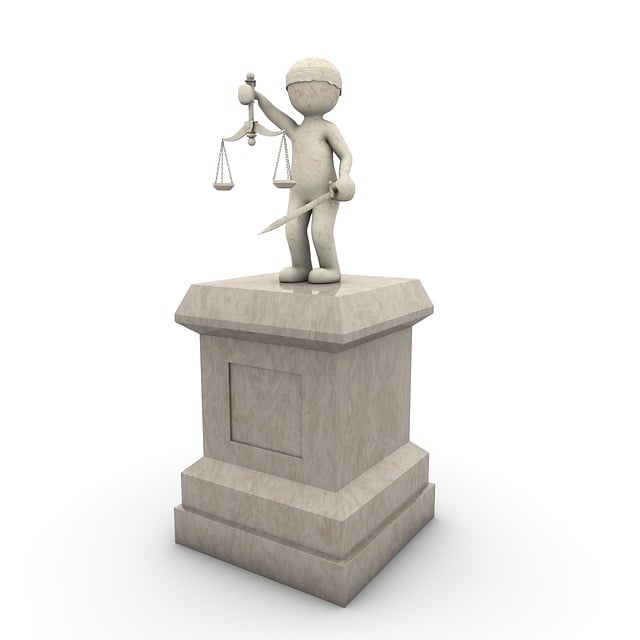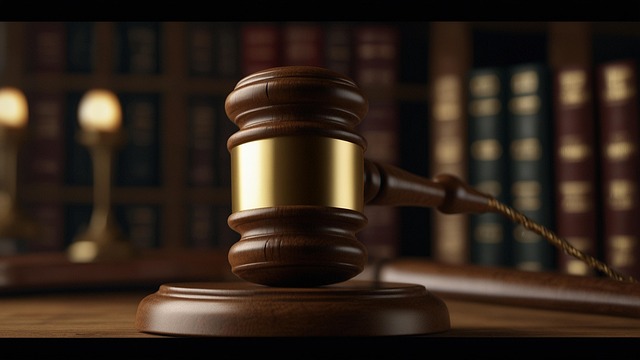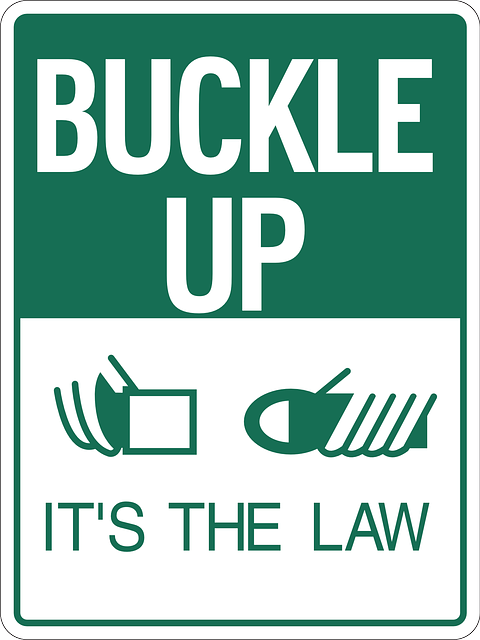Understanding different litigation types is vital for fair navigation of the legal system, protecting both individuals and corporations' rights under the U.S. Constitution's Right to a Fair Trial. Civil and criminal cases represent contrasting pillars of justice, with civil disputes involving private compensation claims and criminal cases initiated by the state for public safety. This right, including presumption of innocence and access to legal counsel, is crucial for mounting effective defenses in high-stakes cases. Alternative Dispute Resolution (ADR) provides efficient, cost-effective solutions outside court, upholding this constitutional right.
“Explore the intricate world of litigation, where legal battles range from civil disputes to complex criminal cases. Understanding these various types is key to navigating the justice system. This article delves into the nuances, shedding light on civil vs. criminal proceedings and the fundamental constitutional rights that underpin fair trials. From the right to a jury trial to alternative dispute resolution methods, each aspect plays a pivotal role in ensuring accessibility and impartiality. Uncover how these elements contribute to a robust legal framework, safeguarding individual liberties.”
- Understanding Different Types of Litigation
- Civil vs. Criminal Cases: Key Differences
- Constitutional Rights in Legal Proceedings
- The Right to a Fair and Impartial Jury
- Alternative Dispute Resolution: A Comprehensive Look
Understanding Different Types of Litigation

Understanding different types of litigation is crucial for anyone navigating the legal system, as it ensures a fair process that protects both individuals and corporate entities. The U.S. Constitution guarantees the right to a fair trial, which includes access to justice and equal protection under the law. This means that various forms of litigation exist to address diverse situations, from personal injury cases to complex business disputes.
By recognizing these different types, for his clients, lawyers can tailor strategies effectively. Whether it’s civil litigation involving personal or property damage claims, or criminal proceedings aimed at avoiding indictment, each has its own rules and procedures. This knowledge helps in preparing robust defenses, negotiating settlements, or mounting effective challenges, ultimately ensuring a just outcome whether for corporate and individual clients alike.
Civil vs. Criminal Cases: Key Differences

In the realm of litigation, civil and criminal cases stand as two distinct pillars, each with unique characteristics and implications. At their core, the fundamental difference lies in the nature of the dispute and the rights at stake. Civil cases, often referred to as private disputes, involve conflicts between individuals, businesses, or organizations, where one party seeks compensation or a specific remedy from another. These cases encompass a wide range of issues, from breach of contract to personal injury, and are governed by civil law.
In contrast, criminal cases are state-initiated proceedings designed to uphold public justice and safety. Here, the focus is on determining guilt or innocence, with the state presenting evidence against an accused individual. Unlike civil cases, criminal prosecutions aim to protect society as a whole rather than resolve private disputes. Furthermore, the Right to a Fair Trial under the Constitution plays a pivotal role in both, ensuring that individuals are treated equitably and have the right to legal representation. In the context of white-collar defense, philanthropic and political communities often find themselves navigating these complexities, requiring specialized general criminal defense strategies tailored to address unique challenges.
Constitutional Rights in Legal Proceedings

In legal proceedings, the right to a fair trial is a cornerstone principle enshrined within the Constitution. This fundamental right guarantees that individuals accused of crimes receive a just and impartial hearing. It encompasses various elements, such as the presumption of innocence, access to legal counsel, protection from self-incrimination, and the right to confront witnesses. These constitutional rights serve as safeguards against arbitrary or unfair practices, ensuring that justice is served while upholding individual freedoms.
For his clients facing high-stakes cases, securing a fair trial becomes even more critical. An unprecedented track record of successful outcomes in complex legal matters testifies to the importance of these rights. They enable individuals to defend themselves effectively, challenging evidence and procedural irregularities. When these rights are respected, the justice system can maintain its integrity and ensure that verdicts are reached based on merit, not due to any procedural or constitutional violations.
The Right to a Fair and Impartial Jury

The right to a fair and impartial jury is a cornerstone of the American judicial system, enshrined in the Constitution’s Sixth Amendment. This fundamental principle ensures that individuals accused of crimes have a powerful defense mechanism at their disposal, allowing for an unbiased determination of guilt or innocence. A fair trial, where both parties present their cases before an impartial jury, is crucial to maintaining justice and safeguarding individual liberties.
In the realm of general criminal defense, achieving extraordinary results often hinges on this very right. An experienced lawyer can navigate complex legal landscapes, ensuring that their client’s rights are protected and that the jury remains unbiased. With an unprecedented track record of success, skilled attorneys understand how to present cases effectively, exposing weaknesses in the prosecution’s arguments and highlighting factual discrepancies. This strategic approach can lead to favorable outcomes, demonstrating the vital role of a fair trial in our justice system.
Alternative Dispute Resolution: A Comprehensive Look

Alternative Dispute Resolution (ADR) offers a robust framework for resolving conflicts outside the traditional courtroom setting, ensuring that parties involved have a right to a fair trial as guaranteed by the Constitution. This process is particularly beneficial in high-stakes cases where lengthy and costly litigation can be detrimental to both corporate and individual clients. ADR methods such as mediation, arbitration, and conciliation provide flexible, efficient, and cost-effective alternatives for resolving disputes ranging from general criminal defense to complex business matters.
The appeal of ADR lies in its ability to foster cooperative problem-solving, where parties actively participate in crafting mutually agreeable solutions. Unlike adversarial litigation, which can be intense and antagonistic, ADR encourages open communication and collaboration. This approach not only saves time and legal fees but also helps maintain relationships between disputing parties, which is especially valuable in cases involving ongoing business partnerships or personal matters. By offering a range of options tailored to different dispute scenarios, ADR ensures that every client has access to a suitable method that aligns with their specific needs and preferences.
In navigating the complex legal landscape, understanding different litigation types is paramount. From civil vs. criminal cases to constitutional rights and alternative dispute resolution, each plays a crucial role in ensuring the right to a fair trial. By recognizing these distinctions and leveraging appropriate mechanisms, individuals can protect their rights and seek justice effectively. Whether through traditional courtroom battles or innovative solutions like mediation, knowledge empowers, enabling folks to participate actively in fostering a symphony of fairness and impartiality within our legal system.






